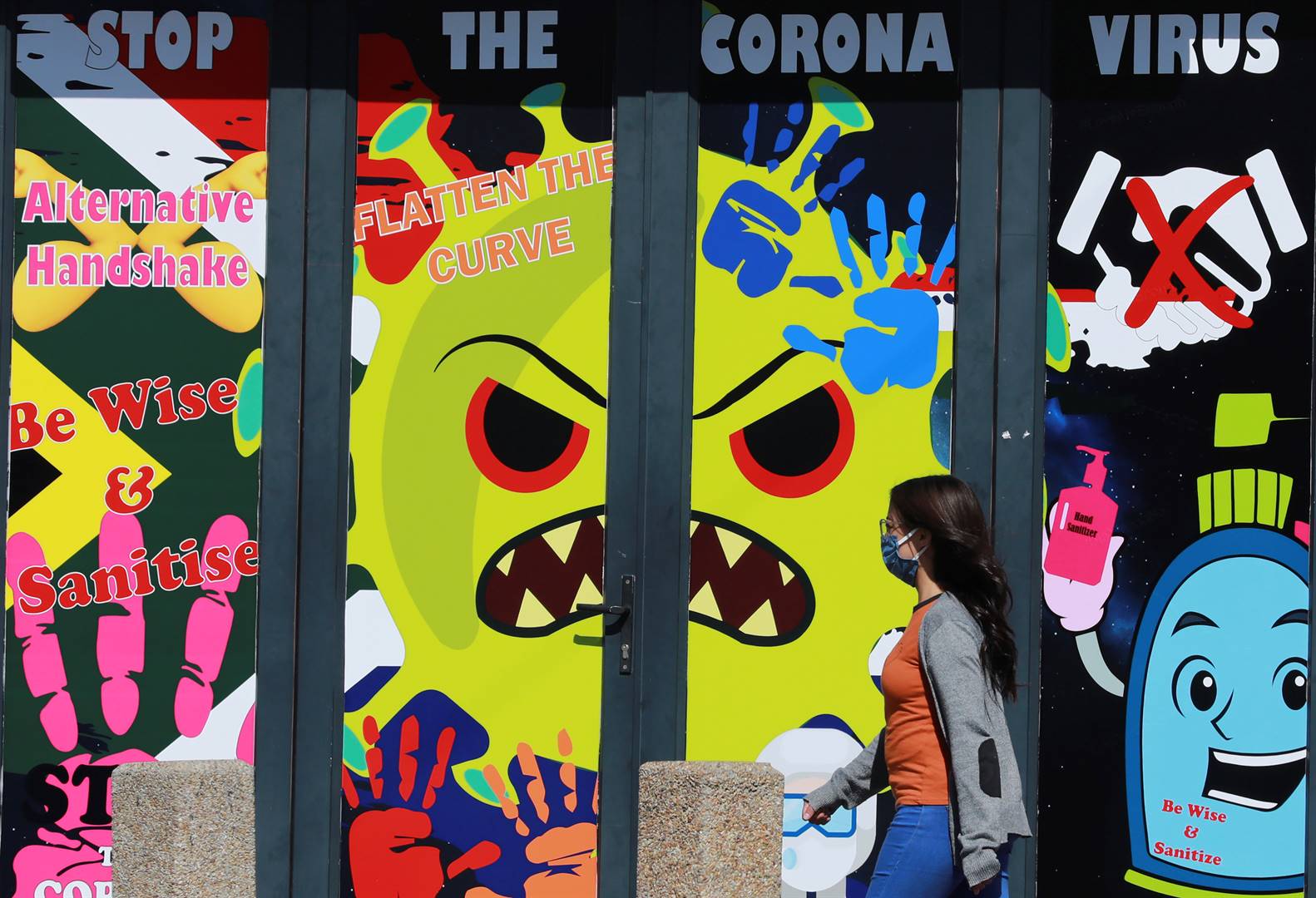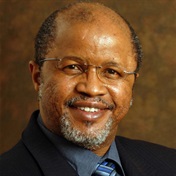
The current global health crisis has radically exposed existing inequalities and imbalances of the global community.
The number of people infected by the Covid-19 coronavirus and those dying from it continue to climb.
The underprivileged are feeling the socio-economic effects from this indiscriminate pandemic which knows no colour, race, age or religion.
The predicament we find ourselves in has proved that Covid-19 has the potential of becoming an ongoing health crisis if urgent and decisive action is not taken to mitigate its impact and stop it from spreading.
I fear the cost will be exponentially increased resulting in needless loss of life.
Due to the high infection rate, containing it would be highly ineffective and afflicted countries run the risk of being excluded from global trade and travel, adding more strain to the already overburdened financial and healthcare systems.
As a community we need to work collectively, locally and internationally, to curb the spread of the virus and flatten the curve by sharing any discoveries pertaining to this fight.
In the same spirit we must provide adequate resources for healthcare workers in the front lines of this pandemic.
Our viral response teams and involved organisations must have an inclusive plan of action that will also address the needs of all classes including – but not limited to – the underprivileged.
The Commission for Gender Equality paper Poverty and Inequality Analysis Within a CGE Framework compiled by Luc Savard, analyses poverty variations. It indicates that the less educated in a society are usually the poorest.
It is evident that the poor people are the hardest hit by the pandemic.
It is therefore vital that our responses to Covid-19 should be mindful of this reality in our communities.
In this country, water and sanitation have always been thorny issues.
And in the wake of this pandemic, these issues have taken centre stage as experts stress the importance of basic hygiene as our defence against this invisible enemy.
A high number of citizens were born poor or subjected to financial strain as they cannot afford basic needs.
Have we done enough to mitigate the rapid spread of Covid-19?
The other question we should be asking is how unequal is South Africa?
The Household Affordability Index published last September shows that more than half of the population is living on less than R1 230 a month.
It also shows that a quarter of the population – about 13.8 million people – live on less than R19 a day.
In addition, 56% of citizens (30.4 million) are living on less than R41 a day.
These statistics are indeed a cause for concern.
Sadly, the large scale outbreak hitting the world has the potential to hit the continent, and South Africa, even harder because of the existing inequalities and insufficient resources.
The disadvantaged communities are severely limited in their responses to this pandemic and this might prove to be a critical factor in curbing the spread and stopping the novel virus.
It is therefore our collective responsibility to “close the gaps” within our social structure and go out of our way to ensure that support and resources are distributed swiftly in these communities.
It’s been a rough few weeks for citizens, but this is an opportunity to realise that in any crisis we can reflect on our failures and improve through transparency and cooperation.
* Ntuli-Tloubatla is a poet, author and commissioner at the Commission for Gender Equality




 Publications
Publications
 Partners
Partners









